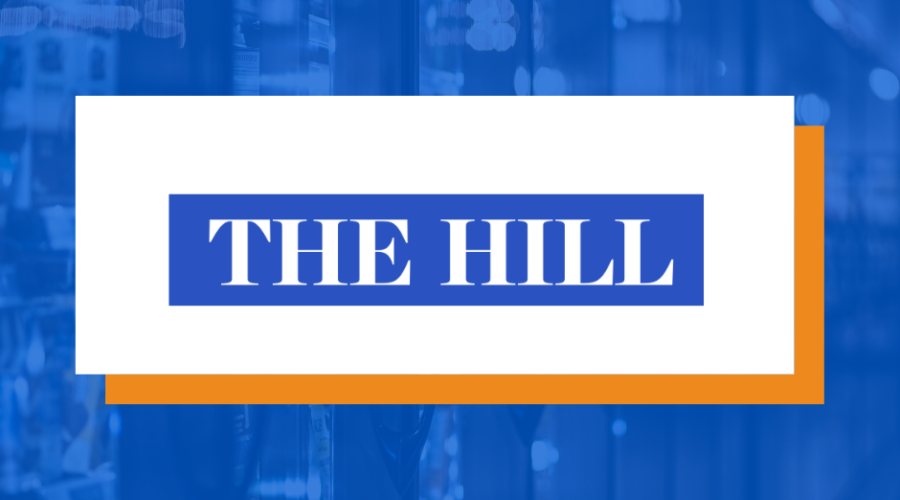Tick-tock for TikTok in the EU?
TikTok has become one of the most popular apps for consumers in the European Union, giving the Chinese Communist Party-controlled firm more access than ever to data of European citizens.
Given the very clear issues with the spread of TikTok and its connection to the regime, should EU lawmakers consider US-like legislation (barring federal employees from using the app) or even more radical regulation to protect European consumers from a Chinese government platform?
Zoltán Kész, Consumer Choice Government Affairs Manager, states that there is a real threat of consumers being spied on.
“With more than 230 million TikTok users in the European Union, nearly half the population, we should begin looking into solutions to encourage the governments of member states or even the European Parliament to control the Chinese app’s influence in our institutions.”
“We at Consumer Choice Center believe in free speech and tech innovation, and we also believe in being free from surveillance from despotic regimes. Free trade with private companies is also essential to global trade. Still, when it comes to the communist government ownership in the company, it worries us to see that our liberal democracies may be harmed by the possibility of European consumers’ devices being spied on,” says Kész.
“A new, 21st-century version of liberal democracies must admit that when it is authoritarian regimes involved on one side of the equation, you have to have security measures in place to save our democracies from totalitarians,” concludes Kész.

















